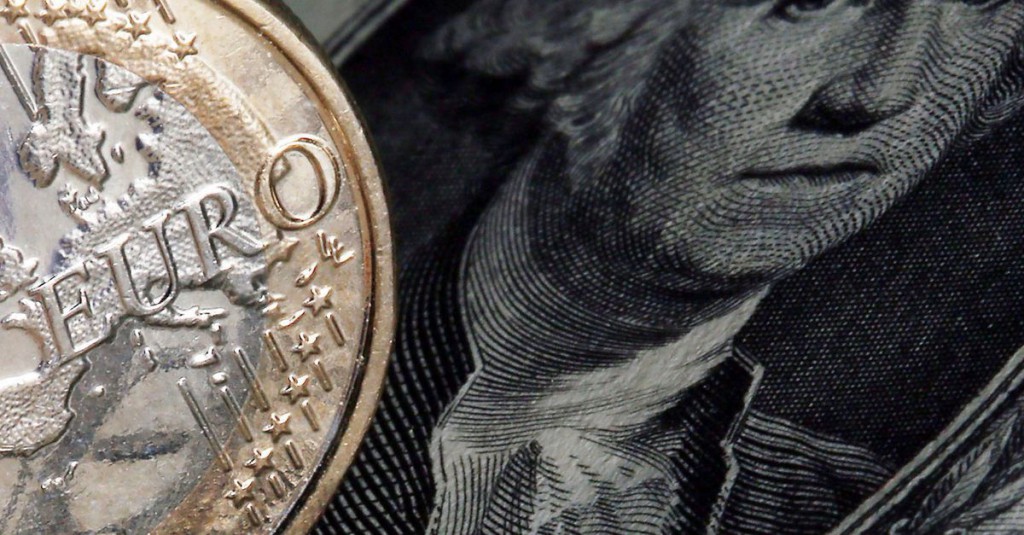The Trump flagship tax reform programme took a step closer to becoming law on Tuesday. Having passed a vote in the House of Representatives, the bill now passes to the Senate for final approval on Wednesday, before Trump gets the opportunity to sign off the reduction into becoming law. Questions as to what it must be like; to sign off a piece of legislation which could (according to some sources) reduce your overall tax liability by a billion dollars, will presumably not be put towards the U.S. president, as he takes the congratulations from the assembled mainstream media scrum in the Whitehouse, or on Capitol Hill.
The reforms will cost circa $1.5 trillion in lost revenue over a ten year period, however, Republicans have argued (apparently successfully) that the loss isn’t zero sum, or offshored as there’ll be a form of trickle down, as the corporate tax reductions will be spent in the USA economy by the: stimulation of domestic orders, new equipment and employee recruitment. The trickle down theory is a curious justification, given that major corporates haven’t paid the top rate of tax (35%) for some time and the trickle down effect hasn’t therefore materialised. Moving away from politics, housing starts in the USA have reached a ten year high in 2017, closing out the year with a figure of 1298k, only a cynic would suggest another sub prime mortgage debacle now awaits.
Both the SPX and the DJIA sold off moderately late in to the New York session, however, this fall must be measured in the context of both indices setting new record highs consistently during the year and moreover lately, as the tax reform decision was imminent. The DJIA has risen by a stunning 27.6% year on year, outperforming the vast majority of hedge funds. If fund managers had simply gone long a basket of equity indices; DJIA, SPX, NASDAQ, RUSSELL, they’d have made circa 25% returns for clients in 2017. Yen registered a loss versus the U.S. dollar, closing out down circa 0.4%, whilst the euro gained approximately 0.4% versus the dollar. Bitcoin slumped by as much as 12.5% on Tuesday, perhaps the largest fall since certain exchanges recently made futures markets in the crypto currency, once again leaving many retail investors nursing significant losses.
The U.K. govt finally got around to having a specific “Brexit meeting” on Tuesday (after circa eighteen months of doing very little) to establish what they actually wanted, in terms of a Brexit trade deal. They unanimously came to the decision that they should demand a bespoke deal, which would be amusing if it wasn’t so tragic, given that Michel Barnier the E.U.’s chief negotiator, instructed the U.K. on Tuesday evening that there’d be no bespoke deal and that it’d be impossible for Britain to retain E.U. financial passport rights, or certain euro denominated clearing functions, once the U.K. finally Brexits in 2019.
Estimates of 75,000 London, City job losses, are now starting to look prescient, it must also be noted that this estimate does not take into consideration the other ripple effects; a massive hole in tax revenue, and ancillary job losses from industries that work closely with The City, such as: lawyers, P.R. firms, couriers, marketing and advertising firms, right down to employees who work hard behind the scenes to keep the show on the road; receptionists, cleaners, security guards etc. The previous U.K. chancellor George Osborne, estimated that the Brexit job losses could total 500k, and most redundancies would be centred in the south east of England. Despite the usual obfuscation and confusion radiating from 10 Downing Street the FTSE 100 index closed up, whilst the U.K. pound appeared to be unmoved by the chaos, trading in a narrow range versus the majority of its peers.
EURO.
EUR/GPB traded in a wide bullish range on Tuesday; breaching R2 whilst rising by circa 0.6%, before giving up some gains to end the day above R1, up circa 0.4% at 0.884. EUR/USD closed out up circa 0.4% on the day at 1.183, breaching R1, whilst trading in a narrow bullish range and is now trending above the 100 DMA, currently sited at 1.180. Most euro pairs gained versus their peers as the ECB delivered a hawkish message, regarding their monetary policy goals for 2018.
STERLING.
GBP/USD traded in a narrow range, tight to the daily PP with a bias to the downside, closing out at approx. 1.338, up circa 0.1% on the day. Versus both Australasian dollars and yen the U.K. pound recorded modest gains, GBP/JPY closing the day out at circa 151.1, up approx. 0.3% and close to R1.
U.S.DOLLAR.
USD/JPY closed the day out up approx. 0.4%, at circa 112.8 having traded in a wide bullish range throughout the trading sessions, at one stage breaching R2. USD/CHF traded in a narrow, approx. 0.2% range through the day’s sessions, ending the day down circa 0.2% at 0.984. USD/CAD spiked aggressively at one stage during the New York session, threatening to breach R3, before then receding and giving up the majority of gains, to end the day below R1, up circa 0.2% at 1.287.
GOLD.
XAU/USD reached a high of 1265 during Tuesday’s trading sessions, before slipping back to 1261, 7 points from the 200 DMA at 1268, having set a daily low of 1259. At the close of the day the precious metal was up circa 0.1%, having held onto the gains made over recent days.
EQUITY INDICES SNAPSHOT FOR DECEMBER 19th.
• DJIA closed down 0.15%.
• SPX closed down 0.32%.
• EURO STOXX closed down 0.75%.
• FTSE 100 closed up 0.09%.
• DAX closed down 0.72%.
• CAC closed down 0.69%.
KEY ECONOMIC CALENDAR EVENTS FOR DECEMBER 20th.
• USD MBA Mortgage Applications (DEC 15).
• GBP Carney Speaks at Parliament Hearing in London.
• USD Existing Home Sales (MoM) (NOV).
• NZD Gross Domestic Product s.a. (QoQ) (3Q).
• NZD Gross Domestic Product (YoY) (3Q).


